Bringing together oncology researchers to establish collaborations and catalyse the uptake of 3Rs technologies for cancer research.
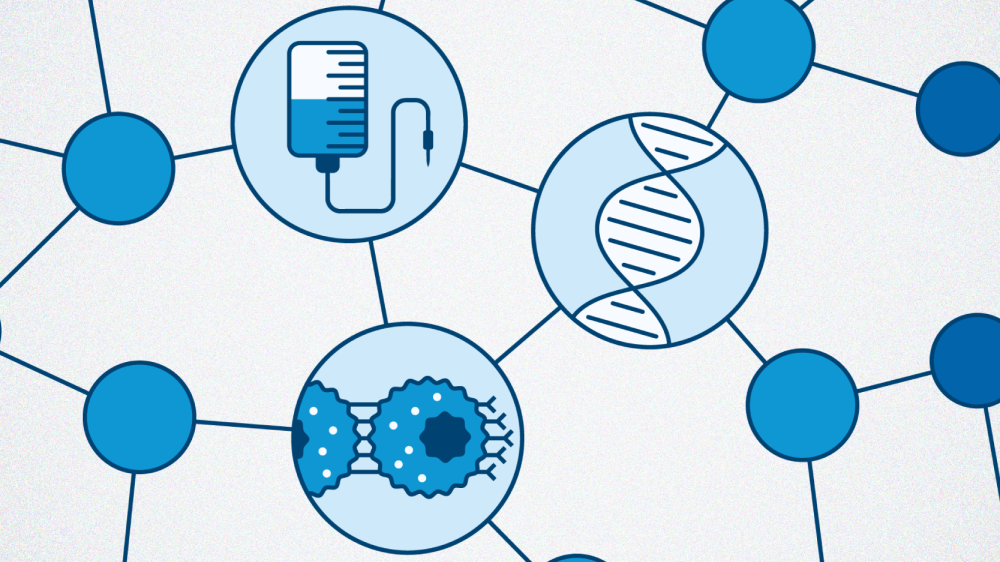
Bringing together oncology researchers to establish collaborations and catalyse the uptake of 3Rs technologies for cancer research.

We have published a report to increase the uptake of non-animal derived antibodies and non-antibody affinity reagents by the research community.
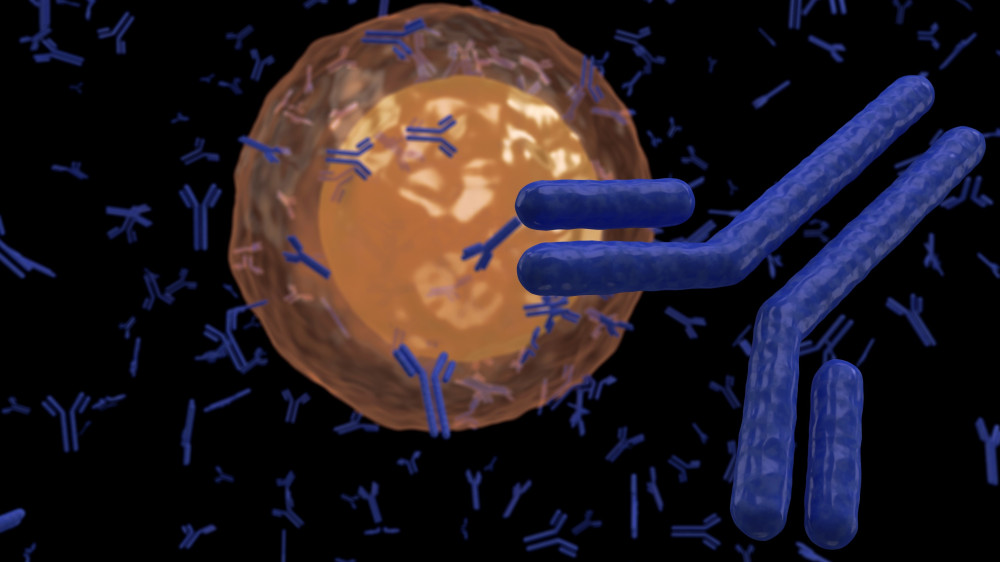
A new paper makes recommendations for dose selection in developmental and reproductive toxicity studies to avoid unnecessary animal suffering, reduce animal use and maintain the highest standards of human health protection.
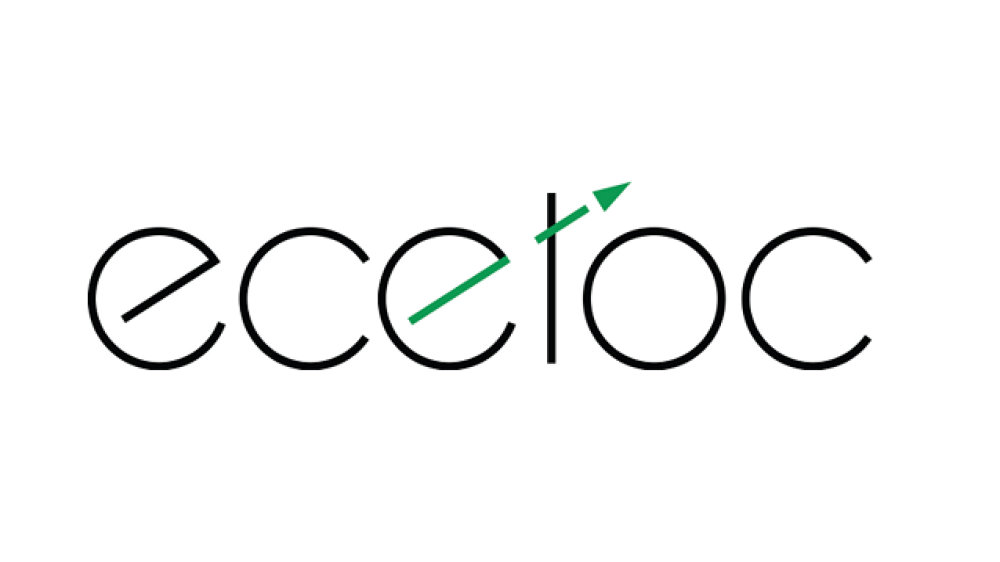
Working directly with scientists, technicians and research institutions to accelerate the uptake of the 3Rs, our new regional training offering is available free of charge across the UK.
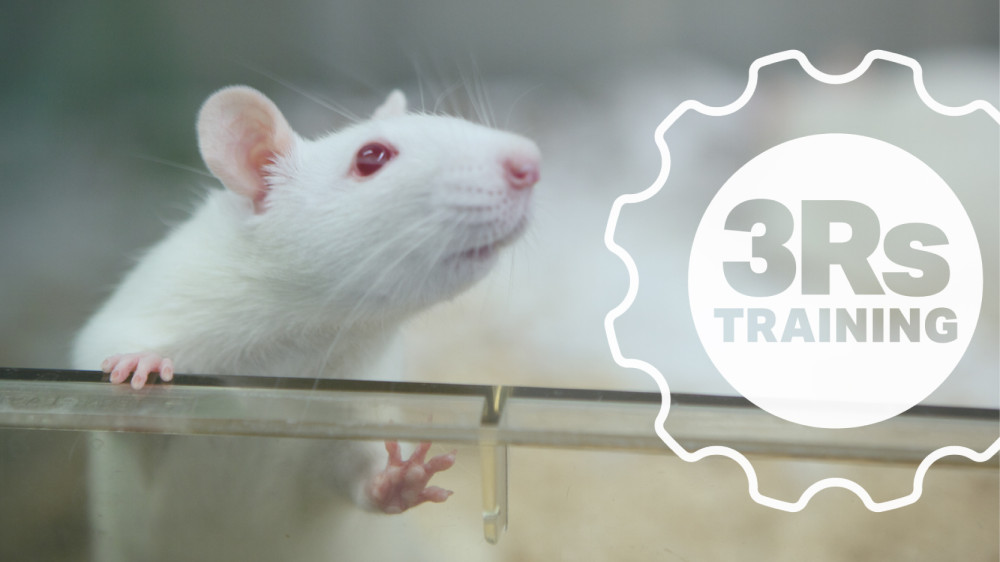
Dr Ellen Forty, speaks to individuals across three UK research establishments about the unique focus the role of a ‘3Rs Champion’ brings to their local research environment.

Discover how the NC3Rs works to address the use of dogs in research and replace the use of animals in toxicity testing with non-animal methods, two topics being debated in Parliament later today.

Working with the British Toxicology Society we have identified actions to optimise opportunities presented from exiting the EU to develop a world-leading regulatory framework that firmly embeds the 3Rs in chemical safety testing.
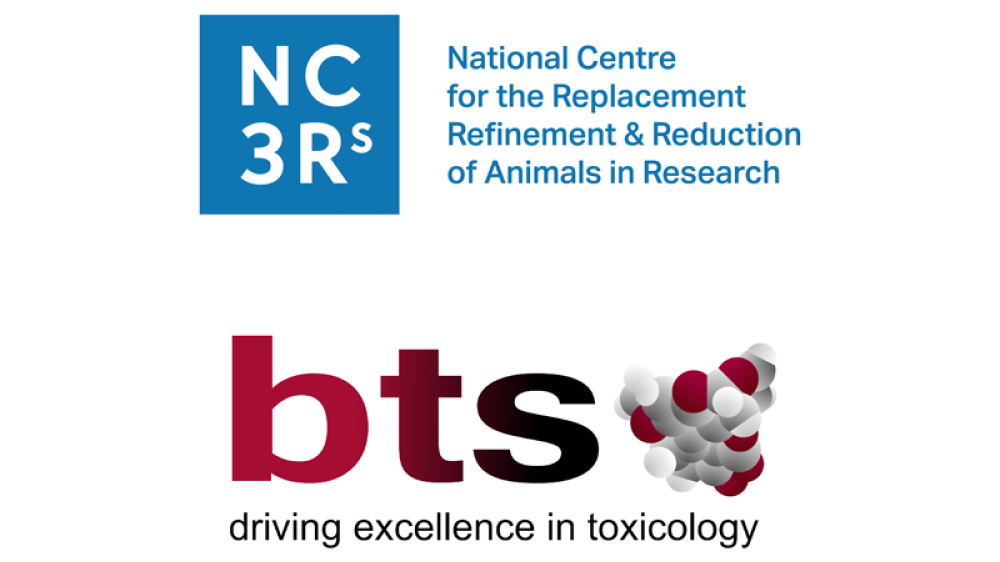
Our new Networks programme aims to bring researchers together to establish collaborations and catalyse the uptake of 3Rs technologies.

Eight NC3Rs-funded early career researchers have been awarded funding to maximise the 3Rs impacts of their research and support their career development.
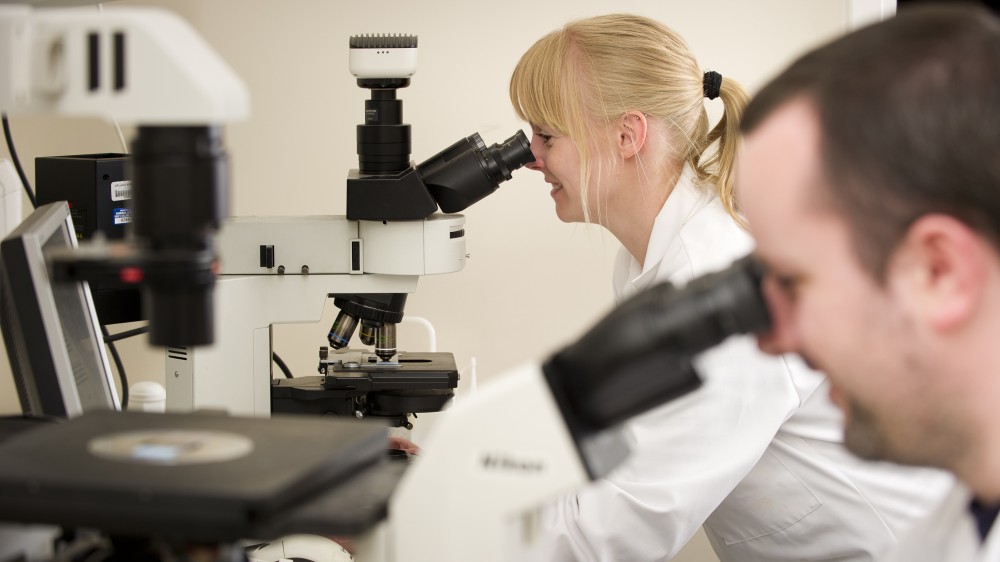
Explore papers sharing 3Rs methods and technologies published on the NC3Rs F1000 Gateway – an open access platform for NC3Rs grant holders to showcase their research and maximise the 3Rs impact of their work.
2024 marks the 20-year anniversary of the NC3Rs. Discover the celebratory activities we have planned over the course of the year in our latest blog.
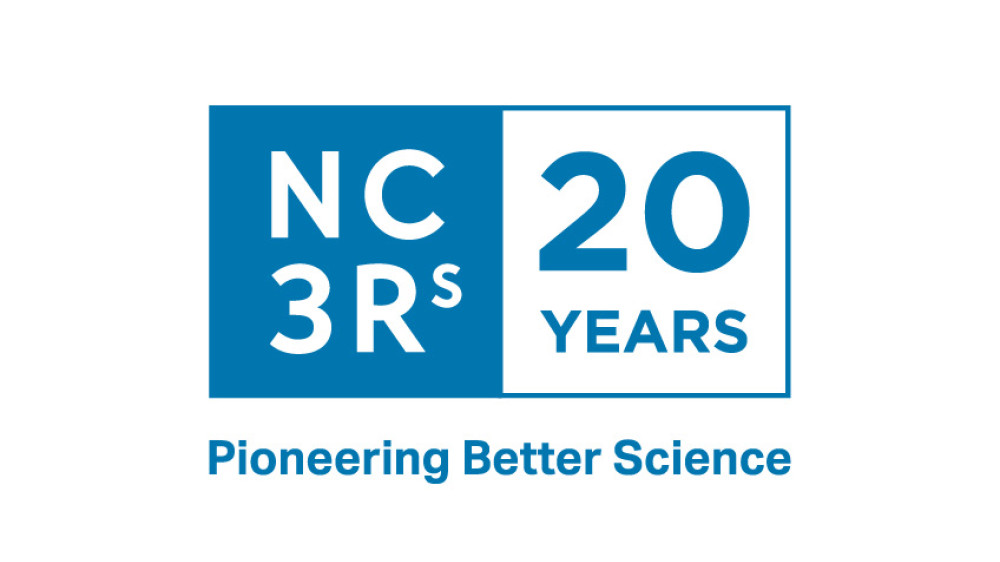
We have received funding from the Bill & Melinda Gates Foundation to support the adoption of 3Rs approaches in biologics batch release testing.

The latest impact stories feature a model of early-stage lung cancer, an artificial human blood vessel to study blood clotting in vitro and a 3D human cell culture model to evaluate and screen treatments for glioblastoma.
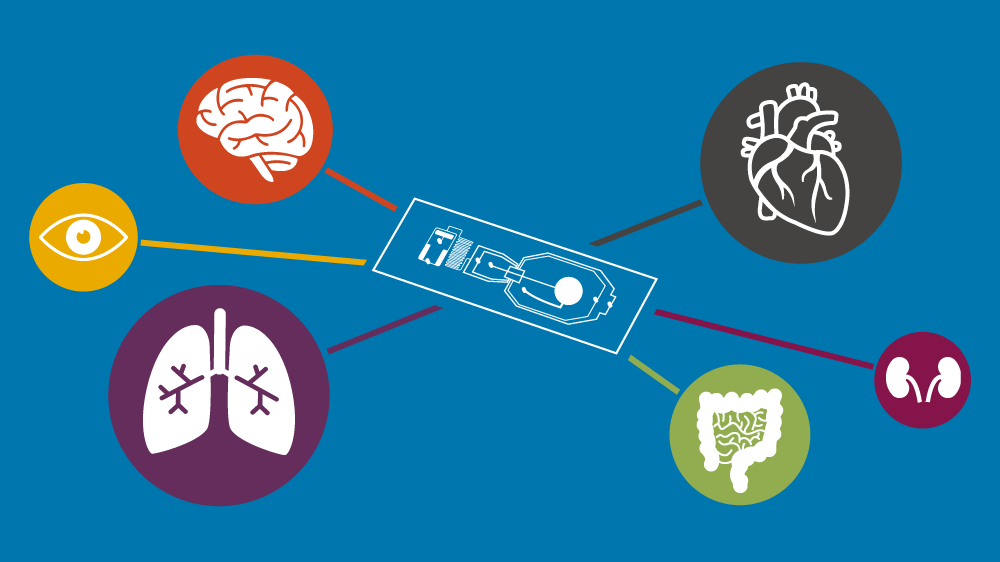
Embedding the skills and knowledge needed to develop replacement technologies in the training of early career researchers.
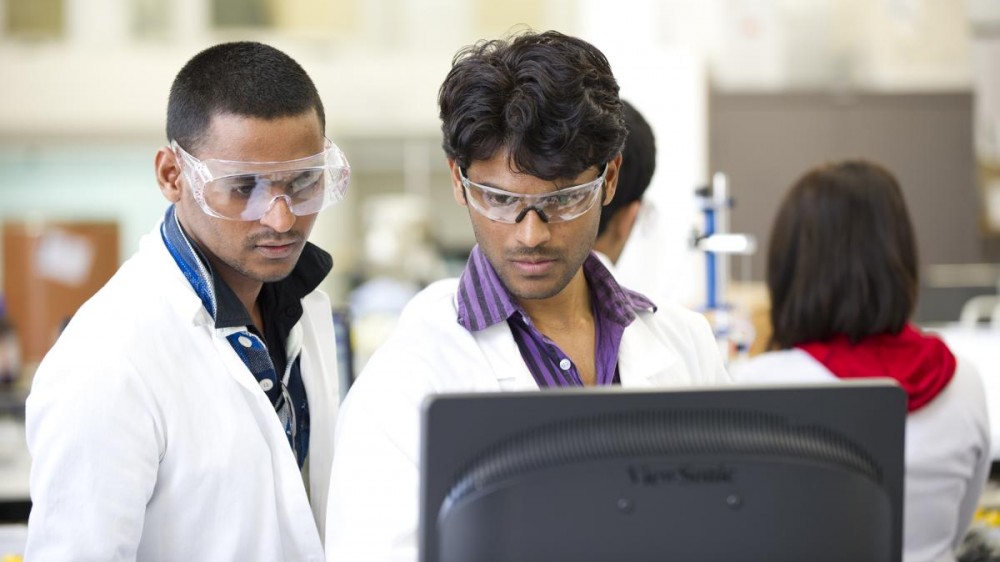
Find out about the work we have funded to build the evidence base for refining the use of fish in research.
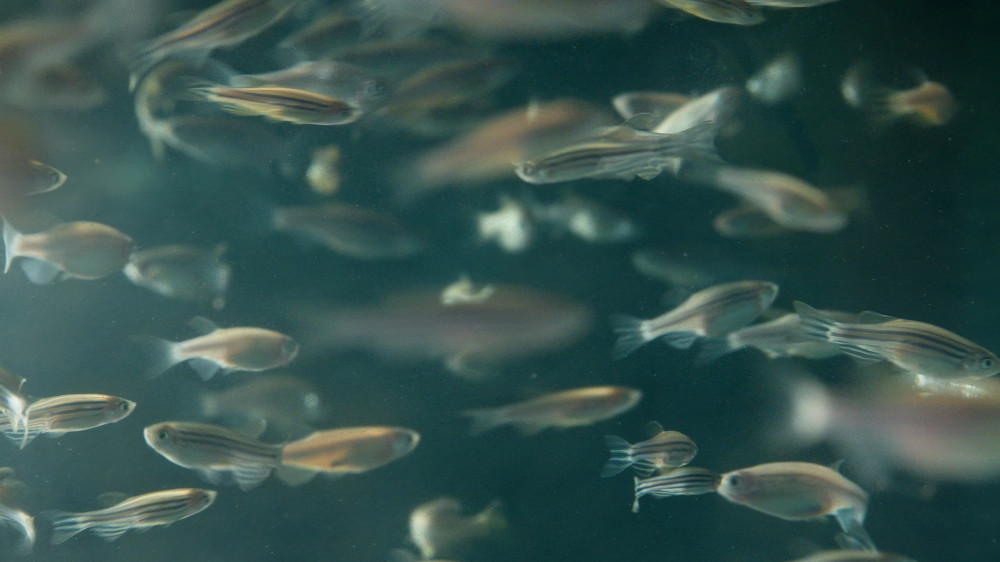
Opportunities for the wider adoption of 3Rs approaches within WHO guidance documents for the quality, safety and efficacy of vaccines and biological therapeutics.

Showcasing our grant holders and how NC3Rs-funded research comes together to develop innovative new 3Rs tools and technologies that are pioneering better science.
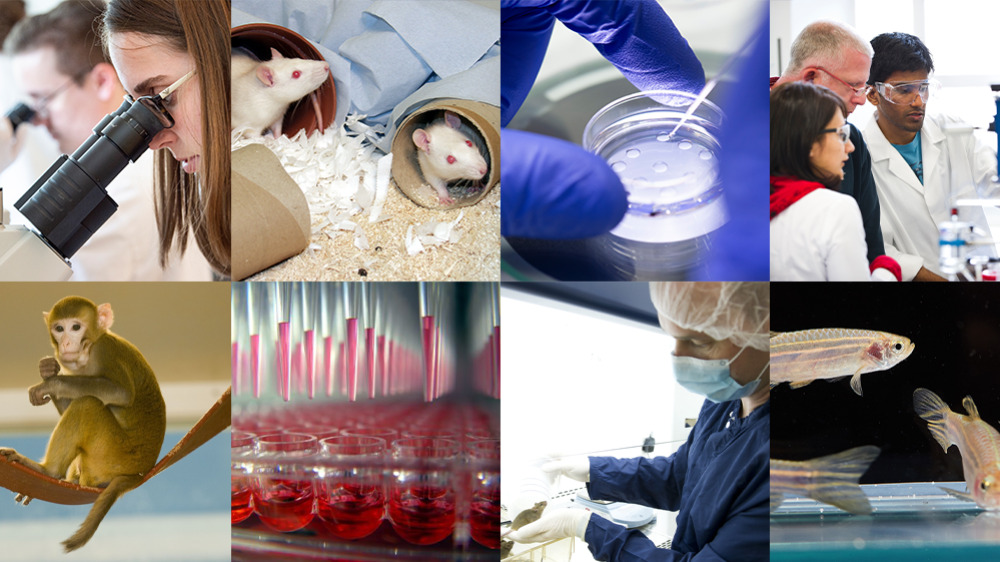
To mark eight years since we launched the EDA we have added new functionality making the programme easier to use.
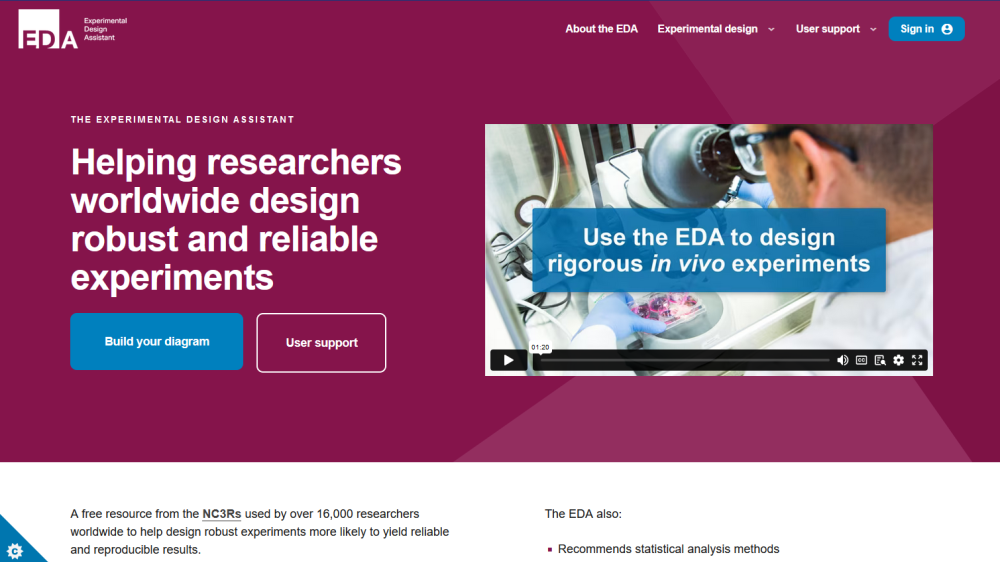
Find out about the £3M the NC3Rs has invested to replace, reduce or refine the use of animals in research to better understand and treat Alzheimer’s disease.
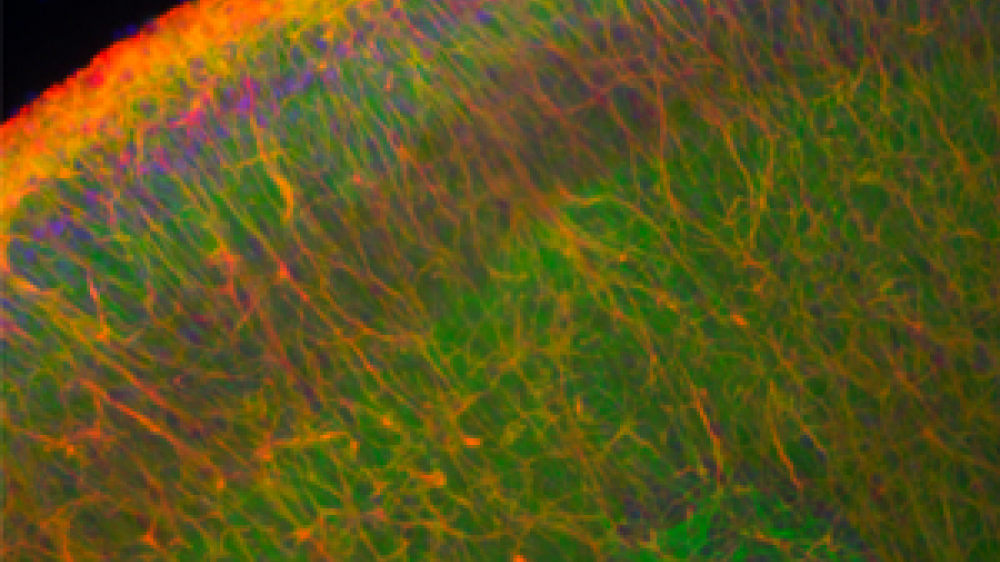
The latest funding from the NC3Rs focuses on applying the 3Rs across a variety of fields from laboratory rat welfare to vaccine production for humans and cattle.
